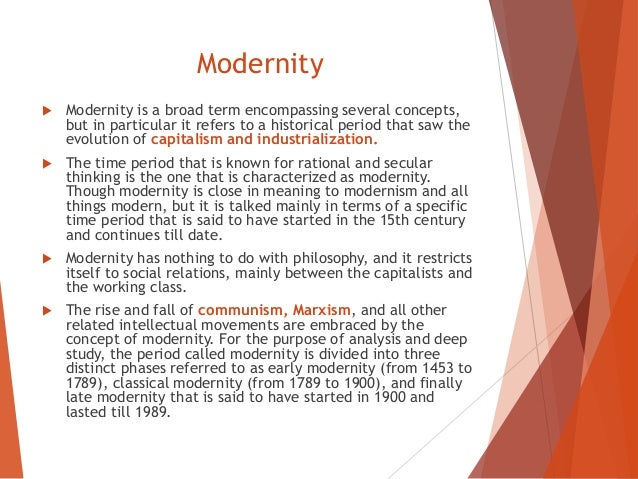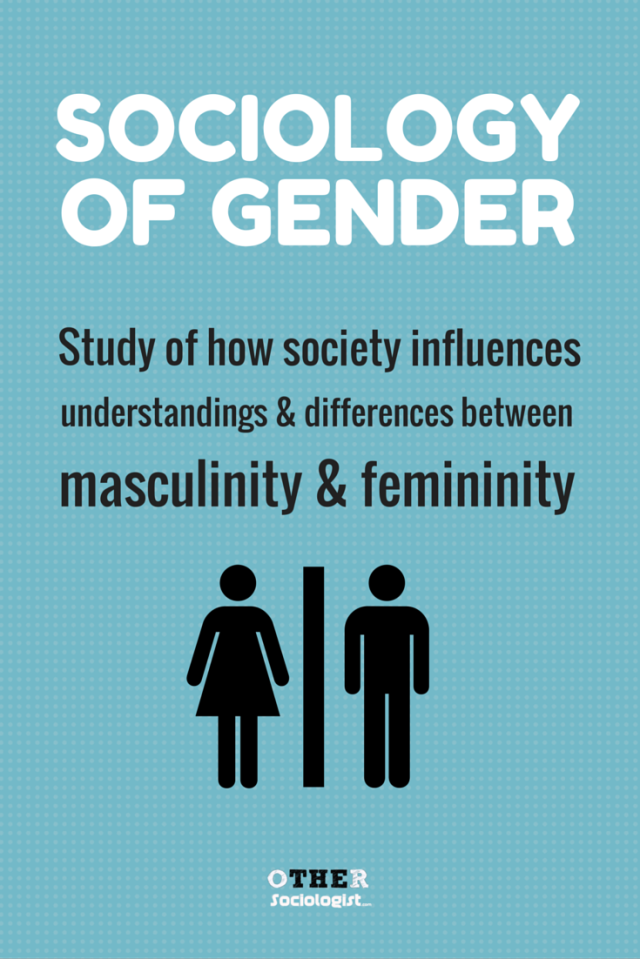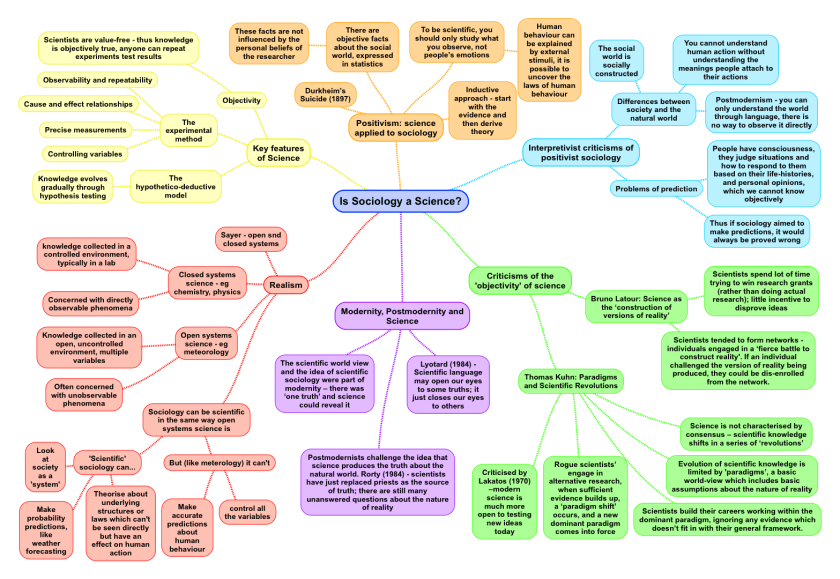The Enlightenment, also known as the Age of Reason, was a philosophical movement that took place in Europe in the 18th century. It emphasized reason, science, and individualism and sought to challenge traditional authorities and institutions, such as the Catholic Church and absolute monarchies. The Enlightenment thinkers believed that through the use of reason and science, society could be improved and human progress could be achieved.
Sociology, on the other hand, is the scientific study of society and social relationships. It emerged as a discipline in the 19th century, following the Enlightenment, and was influenced by the ideas of the Enlightenment thinkers. The founding fathers of sociology, such as Auguste Comte, Herbert Spencer, and Emile Durkheim, were all influenced by the Enlightenment and its emphasis on reason and science.
One of the main ways in which the Enlightenment influenced sociology is through its emphasis on the individual. The Enlightenment thinkers believed that individuals were rational and capable of making their own decisions, and that they should be given more freedom and autonomy. This emphasis on individualism paved the way for the development of sociology as a discipline, as it focused on the individual as the unit of analysis.
Another way in which the Enlightenment influenced sociology is through its emphasis on reason and science. The Enlightenment thinkers believed that the use of reason and science could lead to progress and the improvement of society. This belief in the power of reason and science influenced the development of sociology as a discipline, as sociologists sought to use scientific methods to study and understand social phenomena.
Overall, the relationship between the Enlightenment and sociology is one of influence. The ideas of the Enlightenment, such as individualism and the belief in the power of reason and science, played a significant role in the development of sociology as a discipline. However, sociology also differs from the Enlightenment in some ways, as it takes a more scientific and empirical approach to understanding society and social relationships.






